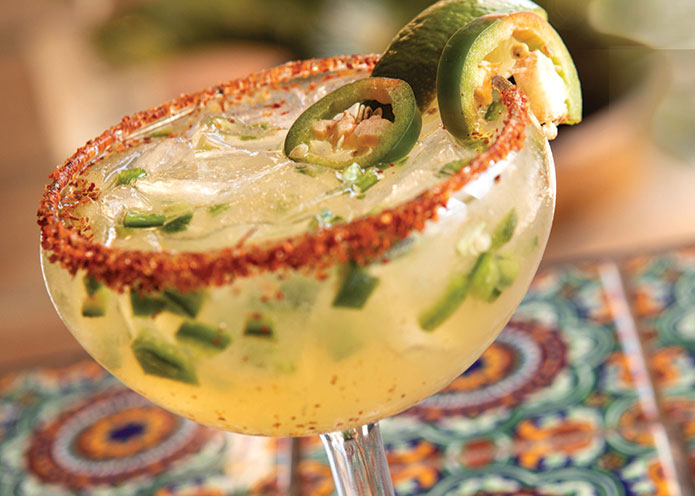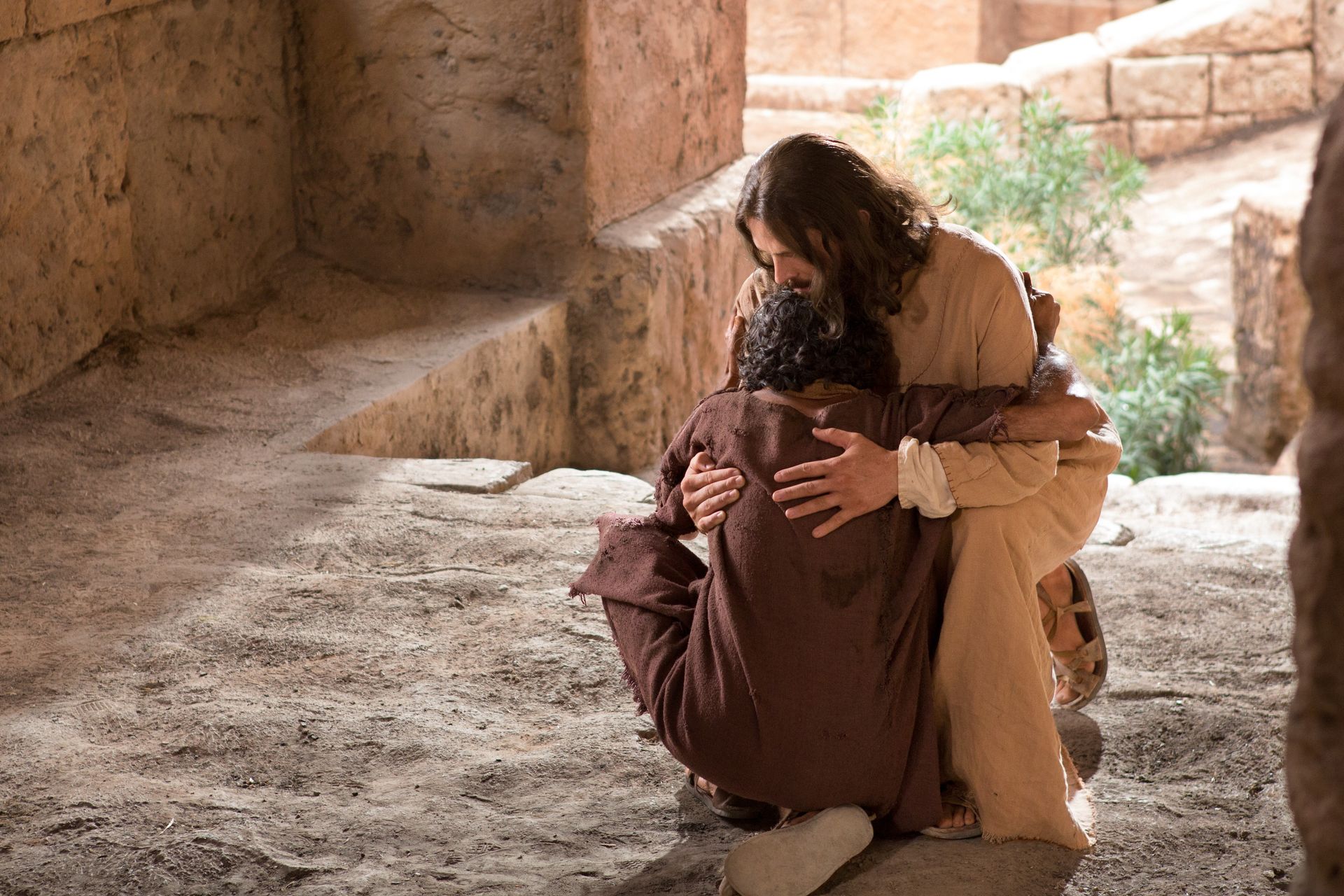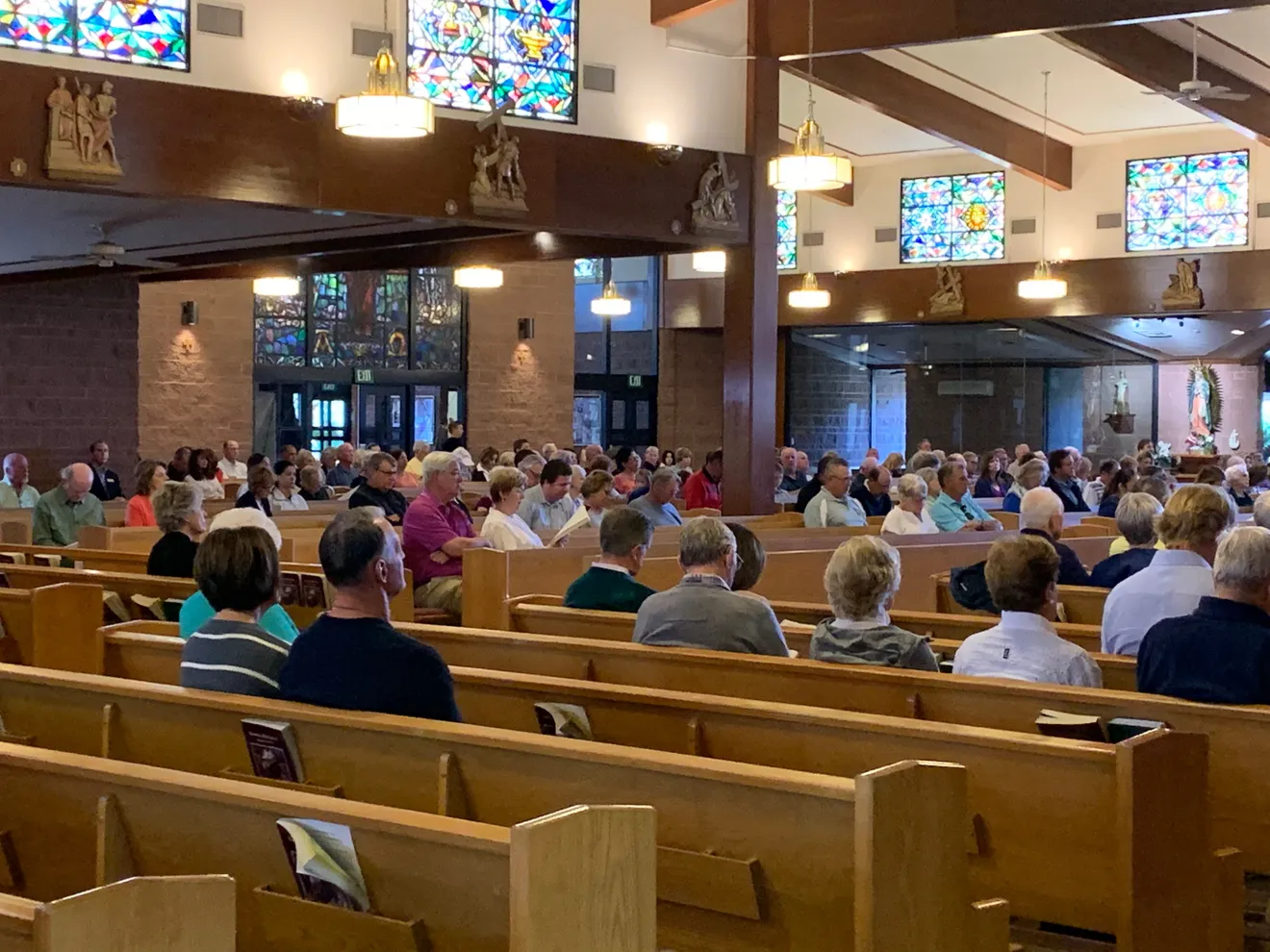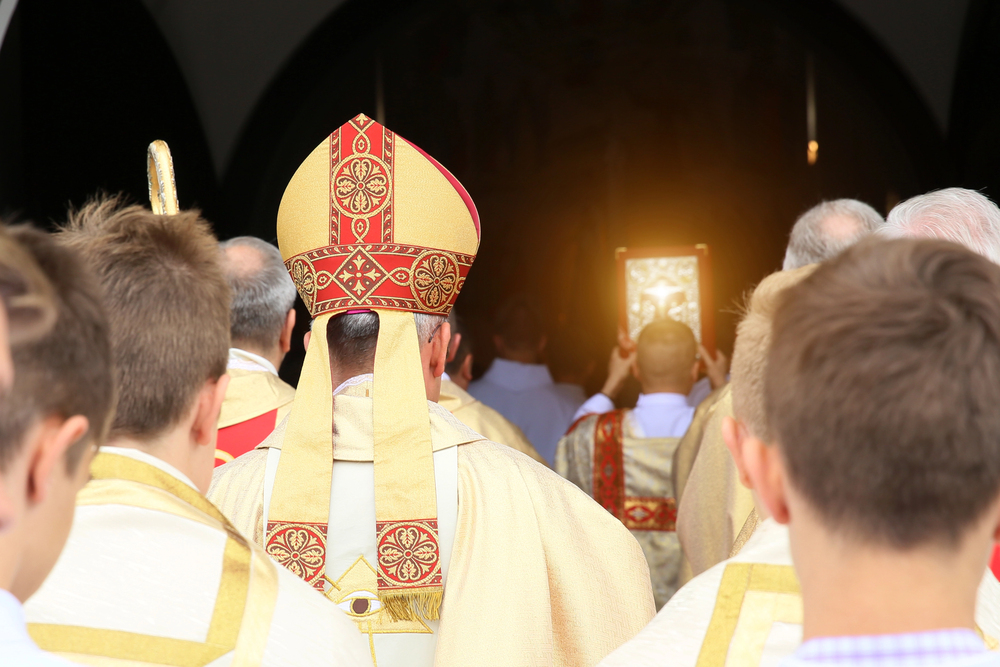Rose Sweet
Rose Sweet

Can I still receive Holy Communion?
The short answer is YES . . . but only if you have not attempted to marry again without a Church “Decree of Nullity” (annulment). And if you are not in any other state of serious sin like dating/sleeping with someone else.
While divorce can be the fruit of sin, it is not something that in itself prohibits you from receiving Jesus in the Eucharist. For all Catholics, married or not, it is serious, unconfessed sin that prevents us from the Sacrament. Civil divorce sometimes is inevitable and not always within your control. For more on what the Church teaches read Is Divorce a Sin?
You’re still married
Without an annulment, the Church considers you still morally bound by marriage vows to your spouse. Even if it’s been years or you don’t feel like you’re married. Even when you have a civil divorce and separate lives now. That’s how seriously the Church regards and protects marriage.
So you have no moral right or freedom to move into a romantic relationship again (yet) and should not be dating or sexually involved with anyone. If so, stop. Take a deep breath. Remember you can trust God and his ways. Talk to a wise and holy counselor, firmly resolve to take the high path, do what needs to be done, and get to confession first. Meet Jesus in the confesional and receive his mercy. Then you may receve Holy Communion.
Are you remarried outside the Church?
If, however, you have remarried outside the church without an annulment and are living as married, you must refrain from presenting yourself for Eucharist (no matter who tells you otherwise). Why? Because (whether out of ignorance, laziness, or stubbornness) you have stepped outside of “communion” with the Church. You’re not excommunicated, but you are in a state of grave violation of marriage that needs rectifying. God welcomes us into union with him, but he requires we first leave the unholy and serious sin at the door. We love our children unconditionally and “as they are,” but when they have played in the mud all day, they must be washed before they come to the table.
If you feel rejected
Being told you are not yet ready to receive the Sacraments can feel like deep, personal rejection. Understandably, that can trigger hurt and anger. We hope you realize this comes from lack of knowledge and misunderstanding. Here’s the truth:
- You are loved and still part of the Church and the Body of Christ
- Even if you don’t feel like it, your prior marriage bond still stands as valid and unbreakable until proved otherwise through the tribunal (annulment)
- That way the Church is standing up for the dignity of persons and all who say “I do”
- Your civil marriage can only be recognized by the Church once you and the tribunal can establish the truth of the prior marriage
Why annulment is necessary
No one wants a world where people can divorce and remarry nilly-willy for any reason. The Church wants to safeguard all marriages, including your prior one that ended in civil divorcee. So she requires you to approach the marriage tribunal and present your case for careful, private evaluation. When and if there is sufficient evidence to show “nullity,” the Church may grant annulment and permit you to remarry with all the blessings, graces, and privileges of marriage.
The law is for everyone’s good
Imagine you’re driving a car without the pink slip. You have possession but you don’t yet have ownership. The law would not permit you to possess or drive that car until the ownership issues are cleared up. That is not a punishment, but an upholding of a sometimes complex principles that protect everyone concerned as well as the general public. Most people understand this and go immediately to the DMV and work to resolve the problem. Please trust the Church in this process.
The Church wants you back in full communion
Your parish staff will help you navigate your situation to get you back into full communion. Meanwhile, the Church requires that you to wait to receive Communion until you come back into full communion.
There’s one way you can return to the Sacraments
Receiving Holy Communion is not just a token of church membership or due to those who love God. St. Paul warns that those who receive Holy Communion in an “unworthy manner” bring condemnation upon themselves (1 Cor 11:27-29). It sounds harsh at first and, again, it is to help us see the utter sanctity of receiving ALMIGHTY GOD in the Eucharist. All Catholics must be in a state of grace and not stuck in serious sin. If you are living as married without annulment, you can decide to take the high path, live as “brother and sister,” and save married relations for the day you can get remarried in the Church. Sex says in “body language” what the spouses said in their wedding vows, giving themselves completely to each other in all ways. Thus, it is meant only for true marriage.
Living as brother and sister brings graces
It likely means separate beds or separate rooms. Chaste hugs and kisses like, well, brother and sister! Civilly-remarried couples who have understood this and decided to live it out report increased trust, respect, love, and tenderness for one another. Their mutual resolve to listen to and obey God together brings them closer. Yes, it has challenges, but authentic love and God’s grace will bring success and great emotional and spiritual rewards! Don’t let anyone deprive you of these graces and tell you it is not possible.
Yes there is a LOT more
This is a complex issue, to be sure! There’s so much more, of course, so begin to read and research more on this topic . Talk to an informed and faithful priest. Read How to Understand and Petition for Your Decree of Nullity. There are ways the church brings warm mercy and tenderness to balance the necessary upholding of justice. And be careful . . . many Catholics think they know all about annulments and they mistakenly avoid or reject what can be a beautiful healing process.
More: Annulment is not the Problem
References:
Bible: This is a great mystery and I am speaking of Christ (the Bridegroom) and (His Bride) the Church. Eph 5
Catechism: The Eucharist is properly the sacrament of those who are in full communion with the Church. CCC 1395
___________________
Do you need some wisdom and guidance during or after your divorce? Schedule a coaching session with me (see links below) or find comfort in one of my books.








